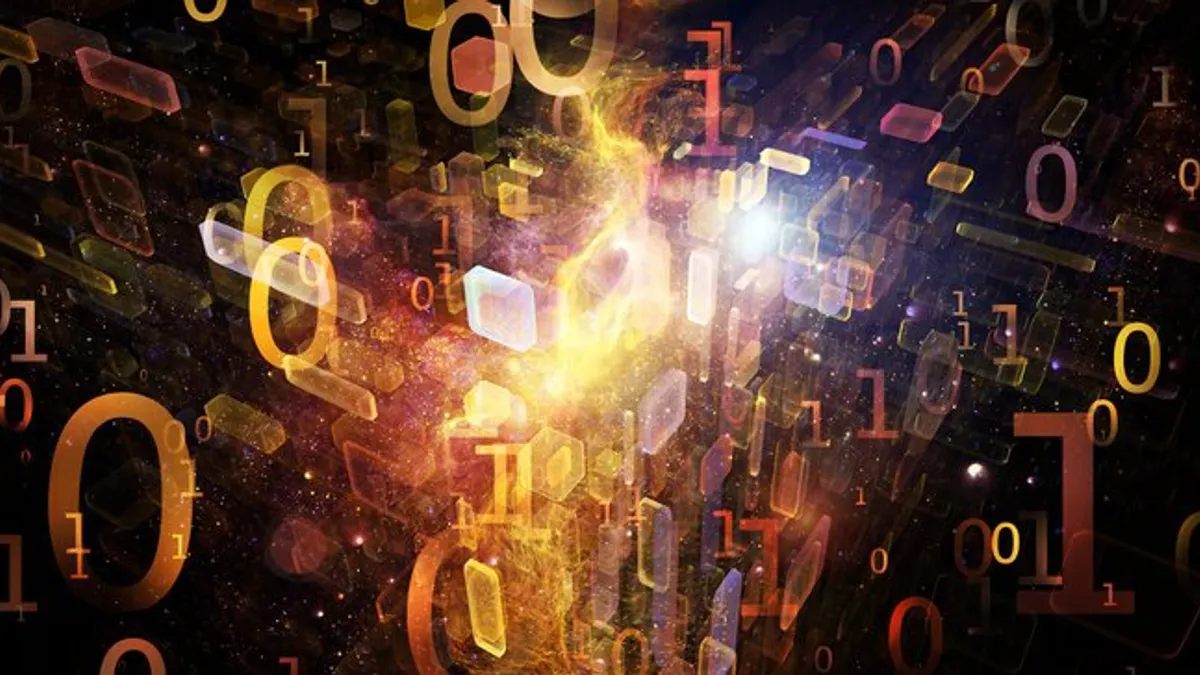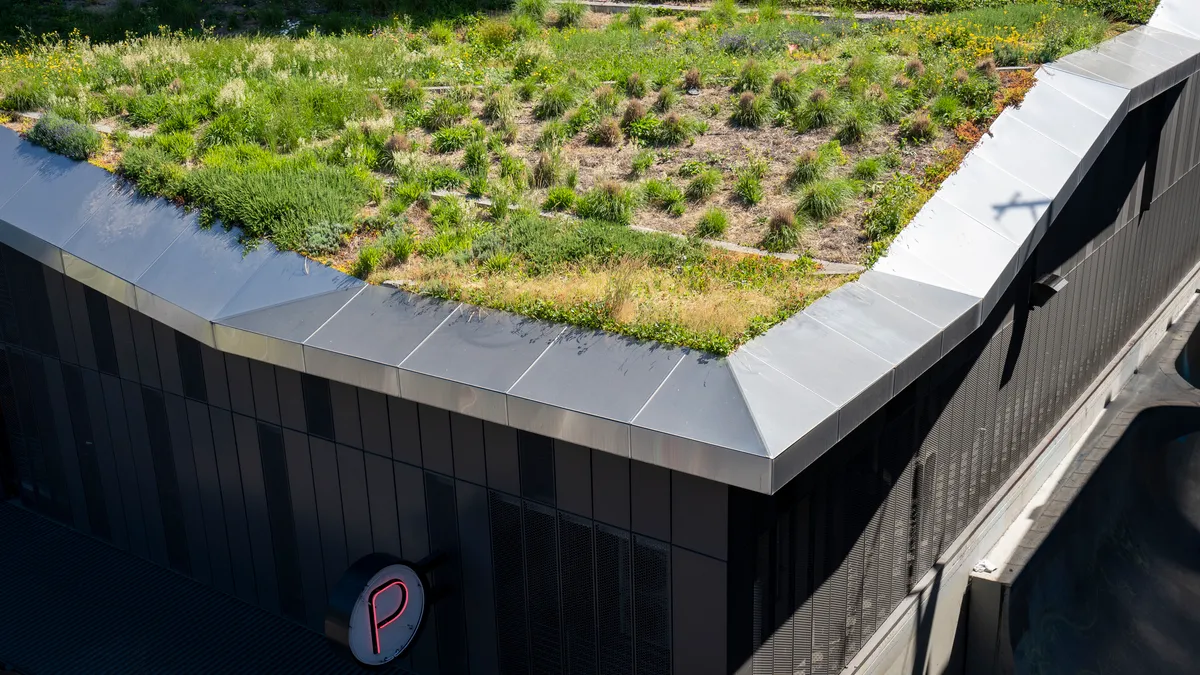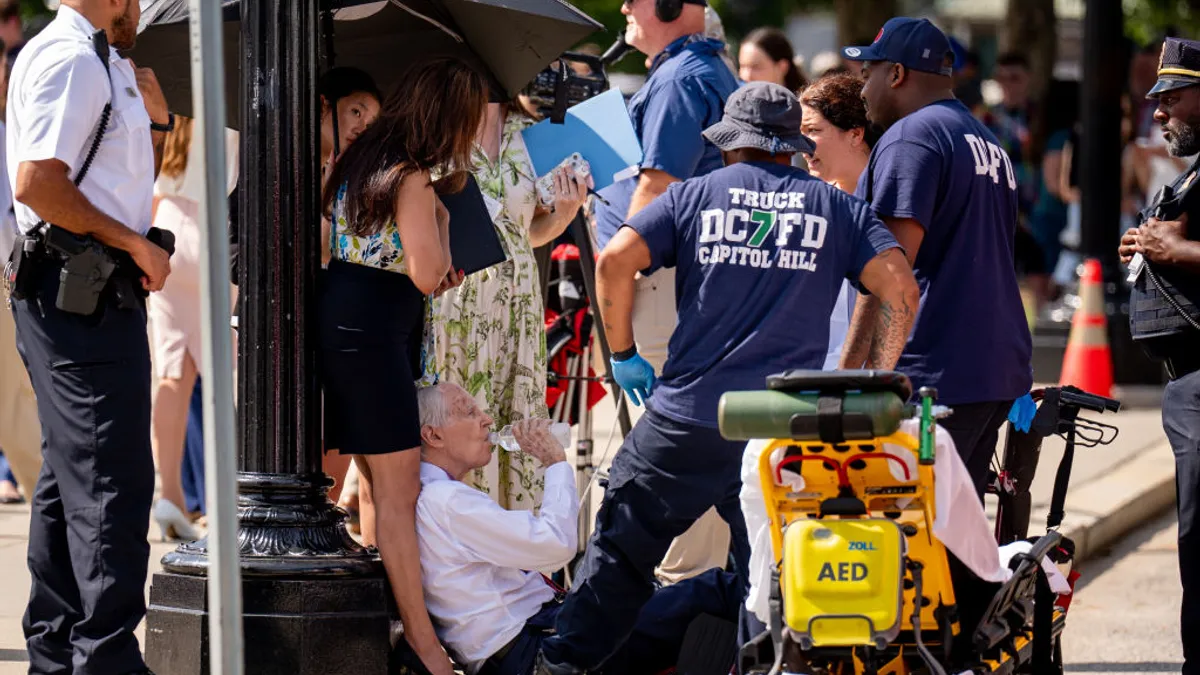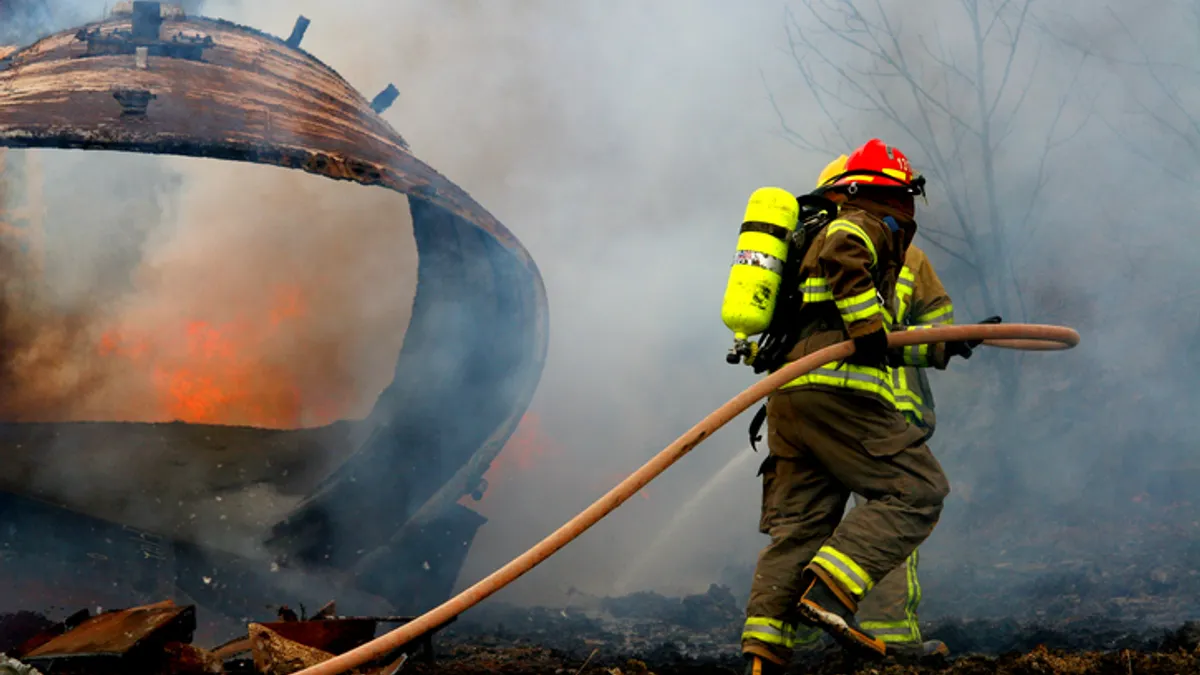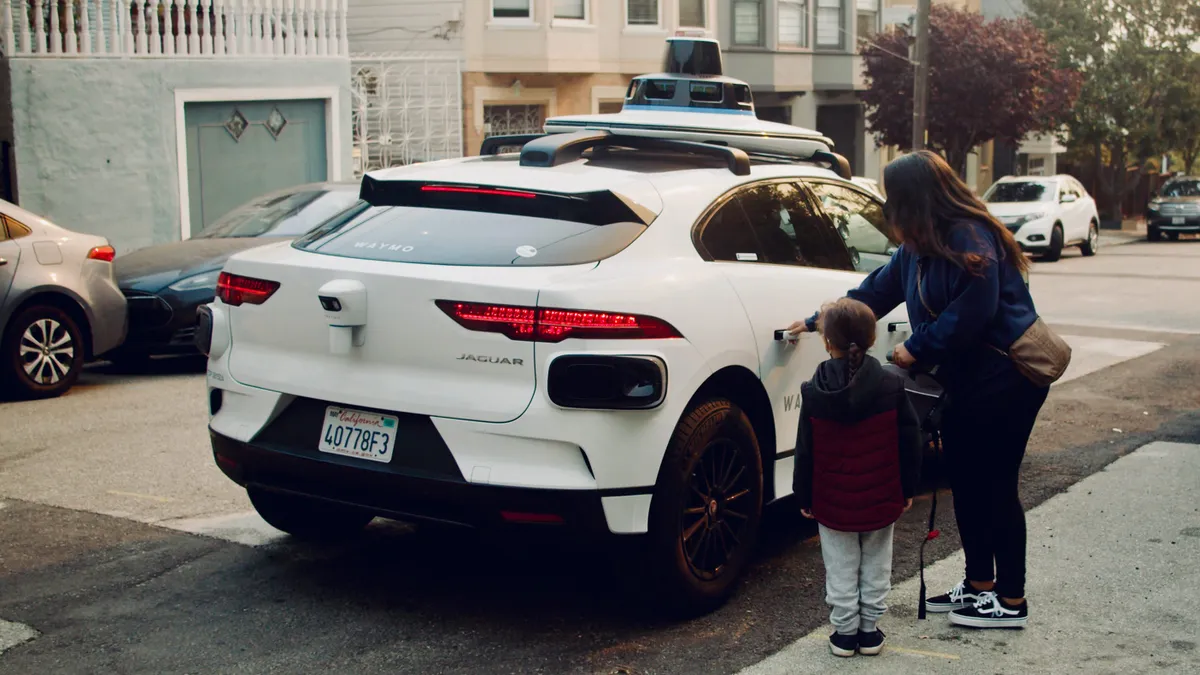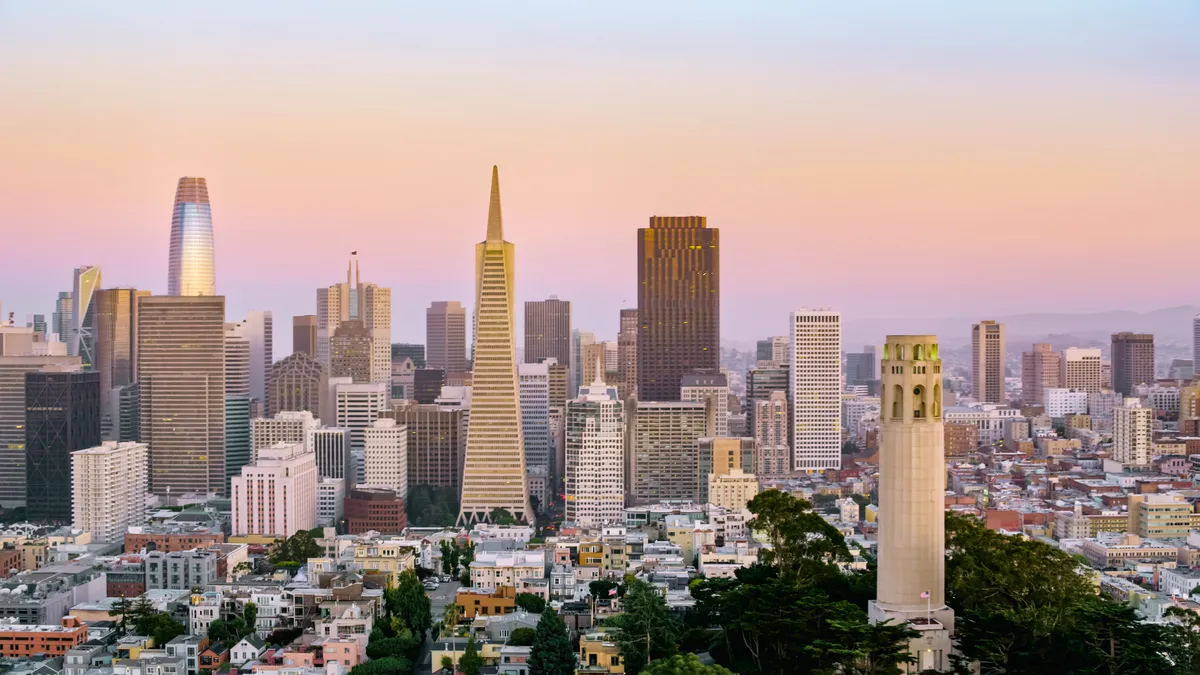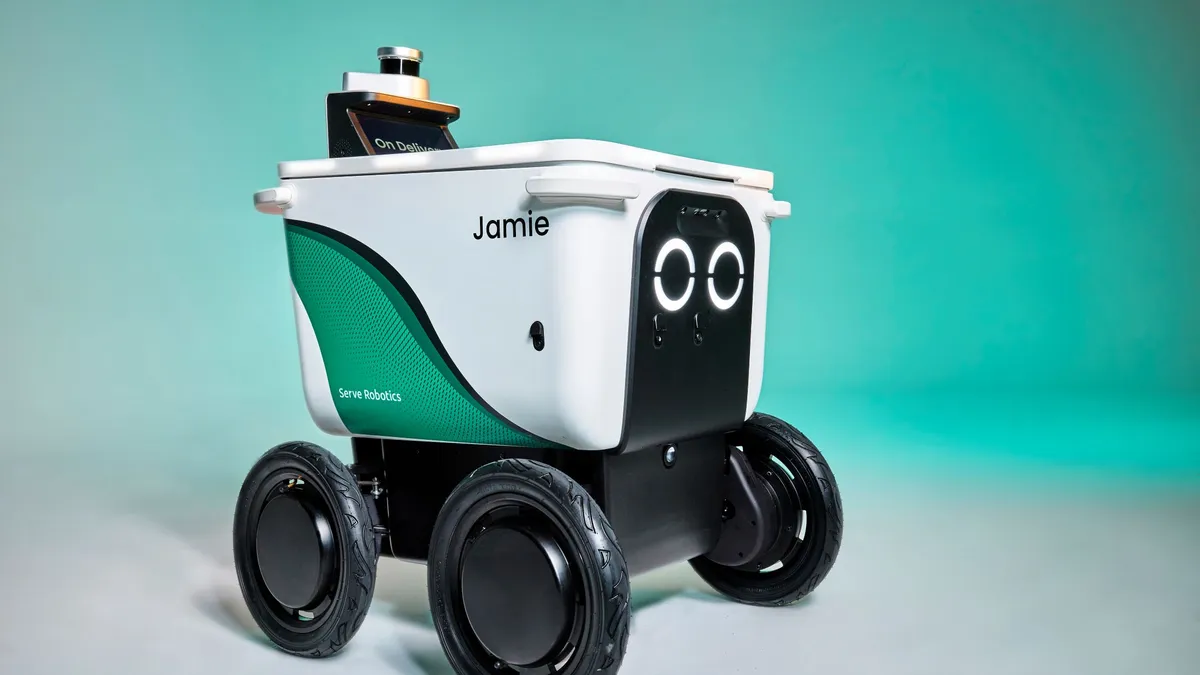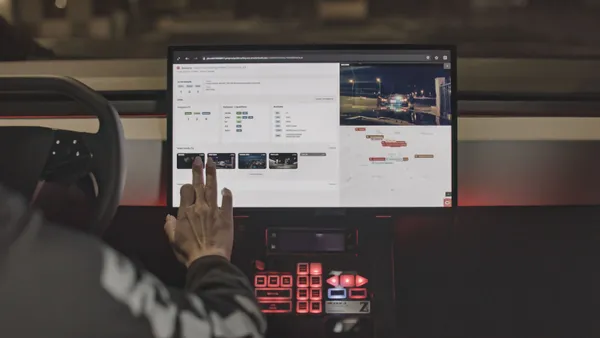We need to start preparing for a decentralized economy, said Bettina Warburg, co-founder and managing partner of Animal Ventures, to delegates in a keynote speech at Smart City Expo World Congress in Barcelona earlier this month.
This decentralized economy, underpinned by blockchain, will not only impact how we trade but will also radically change how we make, design and produce physical and digital goods. While there are many unknowns about some of the impacts of this evolution, one thing is clear to Warburg: The shift is inevitable.
Lowering uncertainty, removing middlemen
Warburg explained that throughout history, we have created "middlemen" to deal with uncertainty about trade – who are we dealing with, how do we know we are getting what we were promised, and what if we don’t receive the goods? These middlemen include banks, corporations and government entities, as well as online platform marketplaces like Amazon, eBay and Alibaba.
Now for the first time, she said, we can lower this uncertainty using technology alone – blockchain, meaning no middlemen are required.
Warburg described blockchain using the analogy of a checkbook. When we write a check, we are documenting the terms of a transaction. A signature provides authentication and the parties' banks execute the transaction. Over time as you fill out all the checks in a checkbook, the carbon copies become the equivalent of a block of data in a blockchain. Instead of using banks to execute the transactions, blockchain uses a network of computers that are running the same software and coming to agreement. There’s no central administrator; it’s run by all of the participating nodes.
"This gives us a global decentralized database of all of these transactions, like a global version of everybody's checkbook," Warburg explained.
Decentralizing the supply chain
Blockchain also enables smart contracts, automating not only business logic — the terms of deals — but also governance of them. Warburg said this is "an important step toward a decentralized economy."
However, she described how blockchain will do much more than allow us to trade between buyer and seller without middlemen. It will also change the supply chain.
"You should think of robots as the next consumer class, and they actually need an infrastructure upon which to transact and trade and use data."

Bettina Warburg
Co-Founder and Managing Partner, Animal Ventures
"Everything we buy or use has a supply chain," she explained. Raw materials go through many different kinds of transactions to become a finished product. Modern supply chains are already innovating, using artificial intelligence (AI) and data to make better decisions and forecast supply and demand. However, these intelligence systems and devices typically communicate with a specific set of enterprises; they’re not shared with everyone.
Blockchain unlocks the idea of a "network state ... which you can think of as shared reality. Blockchain is in some ways giving us an autonomous network state — the ability to manage all that information and make choices on it by transacting it without middlemen," she said.
"This means, we need to actually go beyond thinking about trade to thinking about how we design, make, deliver and even coordinate all of these products as they flow in our global trade."
This autonomous network state also gives us what Animal Ventures calls machine trust. "If you take this one step further, rather than just these innovations in the course of human history to improve how we trade and scale, we can also include how machines trade at scale," Warburg explained. "You should think of robots as the next consumer class, and they actually need an infrastructure upon which to transact and trade and use data. This is the role of network state, and it's part of what will take us forward to a decentralized economy.”
Learning and unlearning, faster
"I don't want you to think that I'm describing this as a better future, because I'm actually not. I'm describing it as inevitable”, said Warburg. She explained that preparing will require us to "learn how to learn, earn how to develop new paradigms and innovate faster ... Then we also need to learn how to unlearn and to get rid of some of the old assumptions we've had about our trade but also about just how we do business together."
And, she said, "We won't be doing this alone. We'll be working alongside machines and even new kinds of organizational structures to be learning together and creating value together in this decentralized economy. We need to train our machine to learn and also unlearn."
Blockchain for smarter cities: Prepare for impact
Blockchain was a hot topic throughout the week at Smart City Expo World Congress with many speakers being asked by the audience, “What about blockchain?” or “How will you use blockchain?” during panels on a variety of topics from transportation to citizen engagement. Speakers didn’t always look comfortable with the question.
"I don't want you to think that I'm describing this as a better future, because I'm actually not. I'm describing it as inevitable.”

Bettina Warburg
Co-Founder and Managing Partner, Animal Ventures
In a separate panel on "City as a Platform," Andrew Collinge, smart city lead and assistant director for the Intelligence and Analysis for the Greater London Authority (GLA), noted that city leaders need to better prepare for the implications of technologies such as blockchain. He argued that while they may have a high level understanding of the technology there’s typically "zero comprehension" of the impact it could have for government and the communities it serves.
"That absolutely has to change in 2017," Collinge commented. “It's a matter of urgency that public services, and the leadership of those public services, is able to anticipate technology and the disrupted business models it creates; and that it can respond to that by setting out the key demands. We cannot find ourselves in situations again where we have to regulate after the event. That is government not doing its job properly."
Warburg sees a lot of opportunity for cities to use blockchain in the areas of open platforms and data management. There are tools within blockchain already to deal with confidential information, she noted.
"We're starting to see evolutions where we can actually scope and protect different data structures that are using a blockchain to communicate more freely," Warburg said. "There’s a great opportunity for cities to start to experiment. There are definitely ways to experiment safely, and I would recommend doing that."
Dubai is an example of a city doing this. It recently launched a blockchain strategy and sees blockchain as the "next wave of economic opportunity and digital innovation." It is running a number of proof of concepts in this area and aiming to be the first blockchain-powered government.
The world will no doubt be watching.


